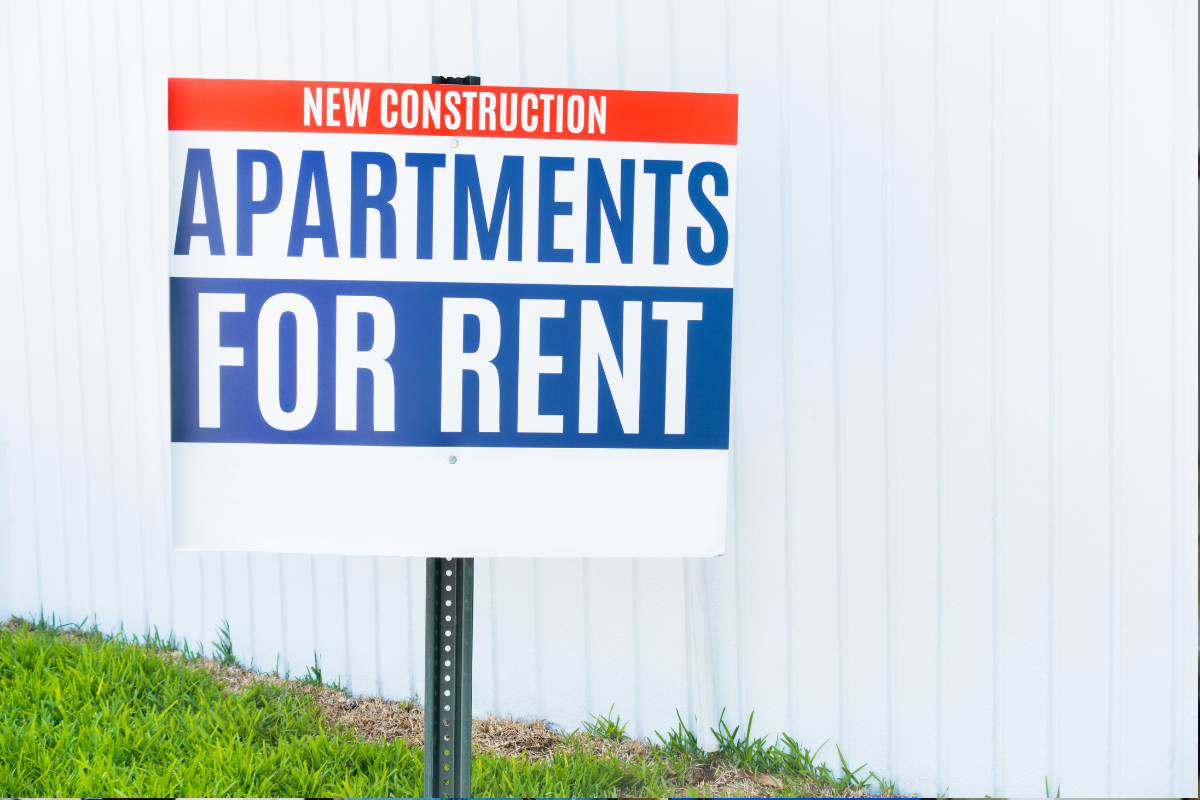In the bustling tapestry of urban life, the quest of searching for apartments for rent can often lead one down the labyrinthine path of shared living spaces.
Cohabitation, while economically advantageous, is not without its intricacies. The allure of splitting rent and utilities is undeniably tempting, but it’s paramount to approach this venture with a discerning eye and a well-informed mind.
The confluence of diverse personalities, habits, and financial practices under a single roof necessitates a meticulous approach to cohabitation, ensuring that the shared living experience is harmonious and mutually beneficial.
The answer lies in meticulous planning, open communication, and a keen understanding of the intricacies involved.
Also, the right landlord tools can be instrumental in this endeavor, offering transparency and fostering trust between all parties involved.
Post Contents
Balancing Social Time and Alone Time
While engaging with roommates nurtures bonds and mutual understanding, moments of solitude are crucial for reflection and self-renewal.

A disproportionate emphasis on either can lead to feelings of detachment or inundation.
In addition, in shared apartments for rent, honoring each tenant’s desire for privacy can prevent potential disagreements.
Cohabiting harmoniously demands discerning when to partake in group activities and when to seek personal refuge.
Moreover, a well-balanced social and private life can bolster efficiency. Group activities can spark creativity and distribute chores, while individual time can be channeled towards concentrated work and self-enhancement.
Investing In Multi-Functional Furniture
Such furniture, like convertible couches or modular tables, embodies adaptability. For those renting, it’s a means to maximize limited space without sacrificing style or convenience.
When multiple roommates share an apartment, ensuring each person has their own niche is crucial. Multi-functional pieces cater to this need, providing individualized spaces even in smaller apartments.
Additionally, the impermanent nature of renting demands flexibility. Furniture that can serve multiple purposes offers this flexibility, enabling renters to adapt to varying living conditions.
A piece that functions as a workspace today might double as an entertainment center tomorrow.
From a financial perspective, the benefits are evident. Rather than buying several items for distinct uses, renters can invest in one versatile piece, proving cost-efficient over time.
Maximizing Shared Spaces
Communal areas, central to shared living, are pivotal in maintaining a balanced and peaceful cohabitation.
It promotes a feeling of fairness among roommates. When individual spaces might be constrained, ensuring shared areas are used wisely guarantees that every tenant can equally enjoy and utilize the available amenities.
This not only encourages mutual understanding but also reduces potential disputes stemming from space-related grievances.
Additionally, a strategically arranged communal area enhances the overall functionality of the apartments for rent.
By optimizing these zones, tenants can extract the maximum potential from their living quarters. This could mean creative layouts, strategic furniture arrangements, or the use of versatile fixtures.
Sharing Responsibilities For Pet Care
When renters share a space, dividing pet care duties is crucial.

First and foremost, a balanced allocation of tasks ensures no one person is overwhelmed. Pets, though endearing, demand regular care, from nourishment to hygiene and physical activity.
If this weight falls on one individual, it can lead to underlying tensions, threatening the peaceful coexistence of the tenants.
Additionally, when all roommates contribute to pet care, it cultivates a communal sense of responsibility and stewardship.
This joint effort means all are more alert to potential risks or nuisances that could impact the pet or the apartment.
Such shared watchfulness can avert possible issues, like a pet ingesting something harmful or inflicting damage to the residence.
Moreover, a joint approach to pet maintenance in apartments for rent guarantees the pet’s all-round well-being.
Different roommates might bring unique knowledge or understanding about pet health. Merging these varied insights ensures the pet enjoys a well-rounded care approach.
Shared Responsibilities for Maintenance
Jointly attending to maintenance ensures the sustained quality of the apartment. Any neglect can lead to potential financial repercussions, such as deductions from the security deposit, or even legal consequences.
Through a balanced distribution of chores, roommates can guarantee that every facet of the apartment’s care is addressed.
Furthermore, a balanced distribution of tasks promotes a peaceful coexistence. Disproportionate burdens can breed discontent, paving the way for disputes.
By establishing and adhering to a well-defined division of chores, roommates can sidestep potential disagreements.
Moreover, jointly handling maintenance tasks is a reflection of mutual esteem. An apartment represents more than just a structure; it symbolizes a communal dwelling.
Engaging in its care signifies each roommate’s dedication not only to the property but also to the overall harmony of its occupants.
Planning For Unexpected Costs
Living with others can be unpredictable. A roommate might encounter unexpected financial challenges, rendering them unable to cover their share of the bills. Without a backup plan, this could lead to financial stress for the other residents.

Additionally, the very nature of apartments for rent implies that there might be sudden requirements for repairs or maintenance.
Whether it’s a broken appliance or a sudden leak, these unexpected costs can be hefty. Failing to account for such expenses can upset the household’s financial balance.
Furthermore, the complexities of shared utilities, possible damages, or even the sporadic need for specialized cleaning services highlight the importance of budgeting for unforeseen costs.
Respecting The Need For Personal Downtime
When choosing to live with roommates, it’s not just about splitting the bills, It’s about creating a harmonious living environment, and a significant part of that harmony hinges on the mutual respect for individual downtime.
Downtime, those moments of quiet reflection and relaxation, is vital for mental well-being. Amidst the relentless pace of today’s world, these solitary moments serve as a respite, helping individuals to recharge and gather their thoughts.
When this need is overlooked by roommates, the atmosphere within the apartment can become strained and fraught with tension.
Furthermore, valuing personal space is fundamental in maintaining healthy interpersonal dynamics.
By understanding and respecting a roommate’s need for solitude, one demonstrates compassion and consideration, laying the groundwork for a peaceful coexistence.
This mutual respect paves the way for open dialogue, fewer disagreements, and a stronger bond between roommates.






























